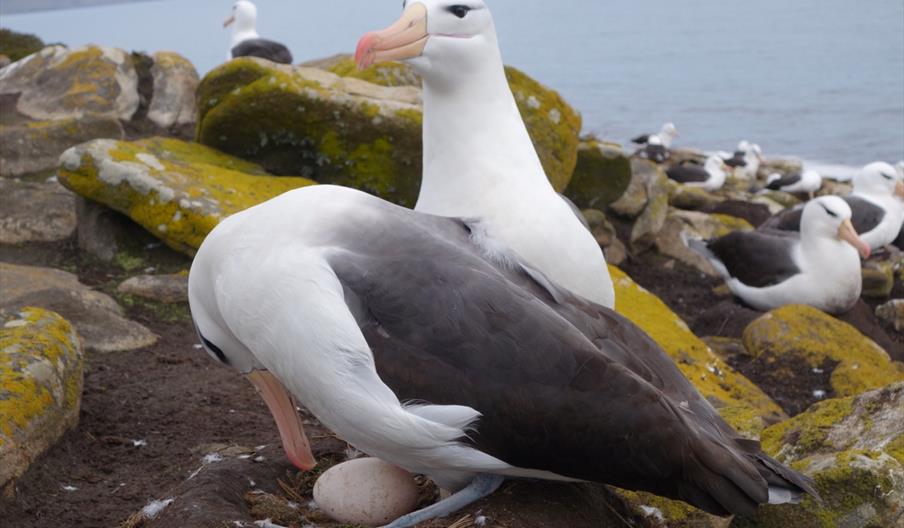
About
Summary
Tourism Satellite Accounts (TSA) are the recognised way of measuring the economic importance of tourism using the same concepts, classifications and definitions used for measuring other sectors of the economy such as manufacturing, agriculture and mining. They therefore sit within a system of national accounts, and allow indicators such as tourism gross value added and tourism GDP to be calculated.
Tourism is a significant sector within the Falkland Islands economy. This study was commissioned to undertake a first TSA for the Falkland Islands in 2009, with a base year of 2007. Acorn has been involved in updating the TSA every year since.
Our Approach
Developing a TSA requires robust data measuring both the supply and demand sides of tourism. Supply-side data was collected from the national accounts surveys and tax records compiled by the Falkland Islands Government. We undertook an additional survey of tourism businesses to capture additional information that was not otherwise available.
Demand-side data was already available through the air, cruise and domestic tourism surveys that Acorn had established in the Falkland Islands from 2008. These provided comprehensive data on visitor expenditure in the Islands.
The compilation of the various tables of the satellite account included Table 1: Inbound Tourism Consumption, Table 2: Domestic Tourism Consumption, Table 4: Internal Tourism Consumption, Table 5: Output of the Tourism Industries, Table 6: Reconciliation of Demand and Supply, Table 7: Tourism Employment, and Table 10: Non-Monetary Indicators (such as accommodation occupancy and number of tourism businesses).
Outcome
The TSA found that tourism contributed 4.3% of GDP in the Falkland Islands, excluding fisheries and oil/gas exploration. This amounted to tourism gross value added of £3.8 million and internal tourism expenditure of £9.3 million.
Directions
Projects Nearby
Design, development and implementation of a green tourism scheme for accommodation…
Evaluation of rural tourism and self-catering accommodation market trends, appraisal of…
Analysis of six niche markets that were identified as having potential for development in…
Study to assess the economic impact of the cruise sector in the Falklands, focusing on…
Assistance to the Falkland Islands Tourist Board providing regular updates on the likely…
Whilst only 10% of the Falklands population live outside of the capital, Stanley,…
Each year Acorn compiles all the tourism statistics for the Falkland Islands into a…
The Tourism Recovery Incentive Programme (TRIP) was part of the Falkland Island…
Designed and implemented an accommodation accreditation scheme for serviced and…
Survey to gain insight into the users of the Falkland Islands Tourist Board website, and…
Design and implementation of a face-to-face air visitor exit survey capturing visitor and…
Development of a prospectus to encourage investment for a chain of luxury lodges in the…
To monitor the tourism sector and enable regular and up-to-date reporting of visitor…
Developed an eight-year Tourism Development Strategy for the Falkland Islands with the…
Implemented a Digital Marketing Strategy for the Falkland Islands Tourist Board with the…
Analysis of the times and costs of air travel to the Falkland Islands from various key…


.png)





